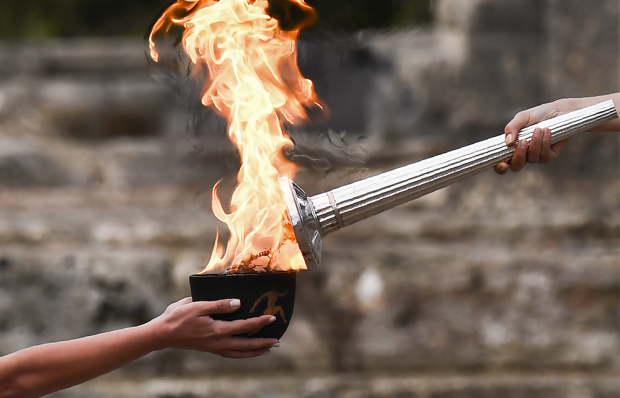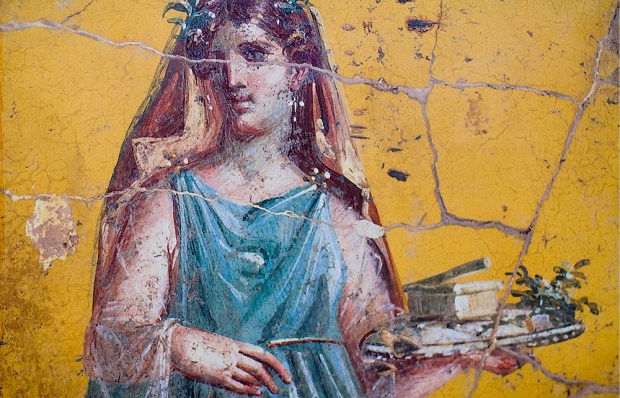The ancients were as fascinated by rumour as, to judge by recent events in Russia and the BBC, we are. Homer called rumour ‘the messenger of Zeus’, with a fondness for racing through crowds. Virgil described it as a winged monster, with an unsleeping eye under every feather, a mouth and tongue never silent and an ear always pricked, combining truth with lies and distortions. Ovid saw it as a sort of clearing-house ‘from which the whole world is in view’ – a structure of echoing brass, with thousands of entrances and exits, echoing back, and so increasing the volume of, the ‘murmured whisperings’ it picked up.
Roman politicians were well aware that rumour was an important force in creating public opinion. ‘The slightest breeze of rumour’, said Cicero, could change everything. So when Cicero in 51 bc left Rome to become governor of Cilicia, with civil war brewing between Pompey and Caesar, he asked his friend Caelius to keep him up to date with everything by letter – ‘the Senate’s decrees, the edicts, the gossips, the rumours’ – which Caelius did, on one occasion reporting the rumour that Cicero had been murdered! Rumours might be ‘headless and authorless’, said Cicero, but they demonstrated public reactions to events and were crucial in helping politicians to decide what steps to take next.
Politicians also exploited them. While Pompey was returning from his conquest of the East in 62 bc, rumours spread of his plan to make himself king of Rome. His rival Crassus did all he could to further the rumours, and so worsen Pompey’s reputation, by threatening to leave Rome and take his money and children with him. At election times, candidates for office could even try planting rumours about opponents to see what sort of reaction they elicited.
Given the number of electronic means of communication today, it is not surprising that rumour plays such a part in our political life, perhaps even larger than it seems. After all, what are all those daily ‘think’ pieces, hariolating so confidently about the future, but a form of rumour?
Got something to add? Join the discussion and comment below.
Get 10 issues for just $10
Subscribe to The Spectator Australia today for the next 10 magazine issues, plus full online access, for just $10.
You might disagree with half of it, but you’ll enjoy reading all of it. Try your first month for free, then just $2 a week for the remainder of your first year.














Comments
Don't miss out
Join the conversation with other Spectator Australia readers. Subscribe to leave a comment.
SUBSCRIBEAlready a subscriber? Log in